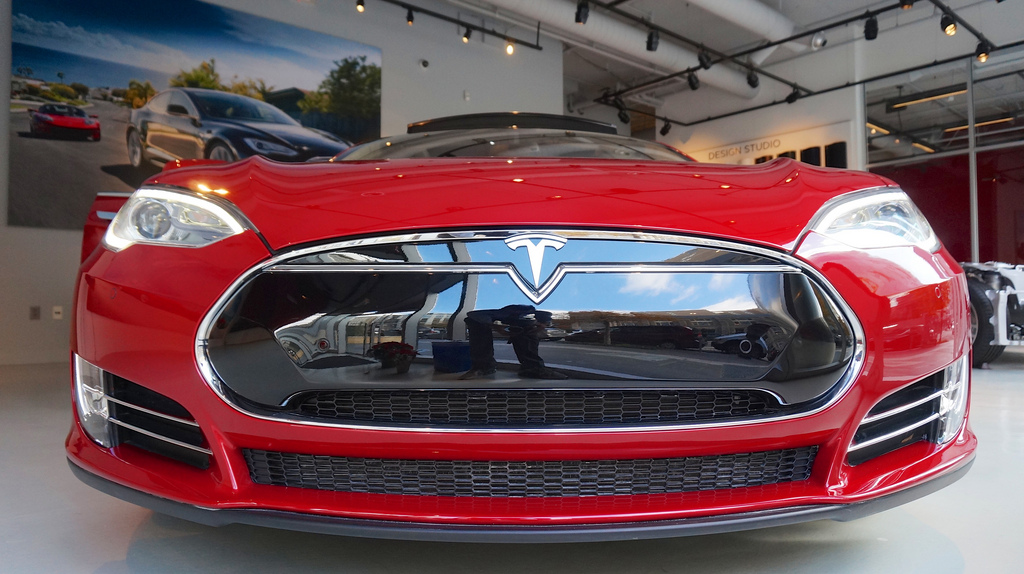Electric vehicle (EV) sales figures for the U.K. indicate consumers appear to have got the message to go all-in on e-mobility by opting for battery EVs rather than battery and petrol/diesel hybrids – at least until the Covid-19 crisis turned the world on its head.
Personal car leasing price comparison site LeaseFetcher has compiled figures from the government’s Department for Transport (DFT) and industry body the Society for Motor Manufacturers and Traders for a report on EV sales it says will be updated quarterly.
The statistics illustrate how half-and-half, plug-in hybrid electric vehicles (Phevs) were starting to be shouldered aside by battery-only, Bev alternatives until Covid-19 lockdown measures hit the U.K. in March.
According to the LeaseFetcher study, the overall U.K. new car market share accounted for by Bevs was 2.7% in January, 3.2% in February and 4.6% in March. Over the same period, Phev sales retreated from 3.2% to 2.6% and then 2.7%.
Covid-19
The impact Covid-19 and its related economic fears have had on big-ticket purchases such as cars was starkly illustrated by the fact the high tide mark of 11,694 new Bev registrations recorded in March fell 88% to 1,374 last month.
Putting that precipitous fall into some sort of context, though, is the fact sales of traditional cars were even more devastated, to the extent Bevs accounted for an unprecedented 31.8% of new car registrations last month, up from a more usual 4.6% in March.
“It’s hard to say why EV sales haven’t suffered the same drop in demand as conventional car sales,” LeaseFetcher founder Will Craig told pv magazine. “One thing we do know is that the company car bik [benefit-in-kind] tax was completely scrapped across the U.K. for electric vehicles from April, making them a whole lot more affordable.” The 16% benefit-in-kind tax levied on company car drivers by the U.K. government was removed for Bevs from April 6.
Popular content
Better investment
Craig added: “I believe people are coming around to the idea that electric vehicles are better investments than conventional cars. With aggressive government regulations and zero-emission plans in the not-so-far future, throwing a lot of money at diesel and petrol-guzzling vehicles doesn’t have the same appeal as it used to five years ago.”
The LeaseFetcher report also indicated the clear lead Silicon Valley start-up Tesla had on its rival Bev and Phev manufacturers in the U.K. last year. The Tesla Model 3 sold 10,649 units during the calendar year, according to DFT licensing data, more than twice as many as the second most popular model, the Nissan Leaf, which shifted 5,280 units. The BMW i3 sold 4,343 units but with Jaguar, Volkswagen, Renault, Kia and Hyundai also among the most popular models, Tesla had two other cars on the top ten list, selling 1,284 Model Xs and 1,231 Model S’.
The U.K. government recently brought forward the point after which new petrol and diesel car sales will be banned, from 2040 to 2035.
Left-leaning U.K. newspaper The Guardian yesterday reported the bosses of BMW, Daimler, Fiat Chrysler and Jaguar Land Rover have discussed an EU-wide economic package to restore demand for cars. The carmakers have reportedly asked Frans Timmermans, European Commission executive VP for the Green Deal, for a package to apply to all new European cars which meet the current Euro 6d carbon dioxide emissions standard, rather than requiring further emissions reductions.
Covid-19
Read pv magazine’s coverage of Covid-19; and tell us how it is affecting your solar and energy storage operations. Email editors@pv-magazine.com to share your experiences.
This article was amended on 18/05/20 to reflect the removal of the tax on company cars mentioned applies only to Bevs and does not also include Phevs, as previously stated.
This content is protected by copyright and may not be reused. If you want to cooperate with us and would like to reuse some of our content, please contact: editors@pv-magazine.com.



10 comments
By submitting this form you agree to pv magazine using your data for the purposes of publishing your comment.
Your personal data will only be disclosed or otherwise transmitted to third parties for the purposes of spam filtering or if this is necessary for technical maintenance of the website. Any other transfer to third parties will not take place unless this is justified on the basis of applicable data protection regulations or if pv magazine is legally obliged to do so.
You may revoke this consent at any time with effect for the future, in which case your personal data will be deleted immediately. Otherwise, your data will be deleted if pv magazine has processed your request or the purpose of data storage is fulfilled.
Further information on data privacy can be found in our Data Protection Policy.